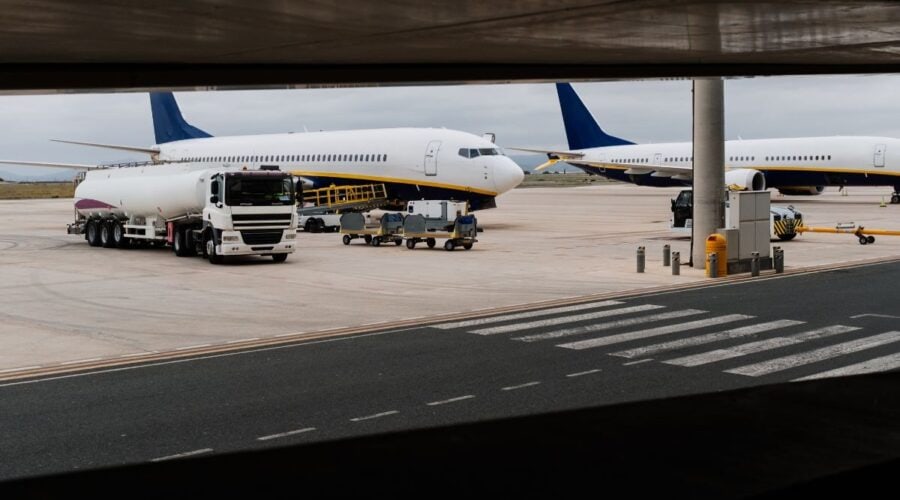United Airlines Experiences Massive Flight Disruption
Technological Vulnerability in Modern Aviation
In a stark demonstration of the fragile technological infrastructure underpinning modern air travel, United Airlines experienced a significant operational disruption on August 6, 2025, with over 1,000 flights delayed due to an unexpected computer system failure. This incident reveals the complex and interconnected nature of contemporary aviation technologies, where a single technological hiccup can cascade into widespread operational chaos.
The tech issue emerged at 17:12 PM CDT, rapidly spreading across major operational hubs including Chicago, Denver, Houston, San Francisco, and Newark. Drawing from complex aviation technological systems, the incident underscores the critical dependence of modern transportation on intricate technological infrastructures.
Operational Response and Passenger Impact
United Airlines swiftly classified the disruption as a “controllable delay,” committing to cover expenses and accommodations for affected passengers. A company spokesperson emphasized the resolution of the underlying technology issue while acknowledging potential residual delays—a testament to the airline’s commitment to passenger support during technological challenges.
This incident is not an isolated occurrence but part of a broader pattern of technological vulnerabilities in the aviation industry. Recent history reveals a concerning trend of systemic technological failures that expose the fragile digital foundations of global air travel.
Historical Technological Disruptions
The July 2024 CrowdStrike IT outage stands as a pivotal moment in understanding technological risks. Affecting Windows systems globally, the incident resulted in 23,393 flight cancellations across North America, dramatically illustrating the interconnected nature of modern technological ecosystems.
Examining aviation business strategies reveals a consistent pattern of technological vulnerabilities:
- Alaska Airlines’ July 2025 system failure
- American Airlines’ June 2025 widespread computer system outage
- United’s current technological disruption
The recurring nature of these incidents raises critical questions about the robustness of aviation’s technological infrastructure. The future of aviation technologies demands not just innovation, but unprecedented levels of system reliability and redundancy.
Economic and Operational Considerations
Beyond immediate passenger inconvenience, these technological disruptions carry significant economic implications. Each delayed flight represents not just a logistical challenge but a substantial financial impact on airline operations and passenger experiences.
Behind the statistics and technical jargon are thousands of human stories—missed connections, disrupted travel plans, and the profound frustration of technological uncertainty. This incident transforms from a mere technical problem into a deeply human narrative of connectivity and vulnerability.
Leadership and Technological Accountability
United Airlines’ transparent communication and commitment to resolving the issue demonstrate a mature approach to technological challenges. The airline’s rapid response and passenger support mechanisms reflect a growing understanding of the need for technological resilience.
The United Airlines tech glitch is more than an isolated incident—it’s a profound meditation on the delicate balance between technological innovation and operational reliability in modern transportation.





